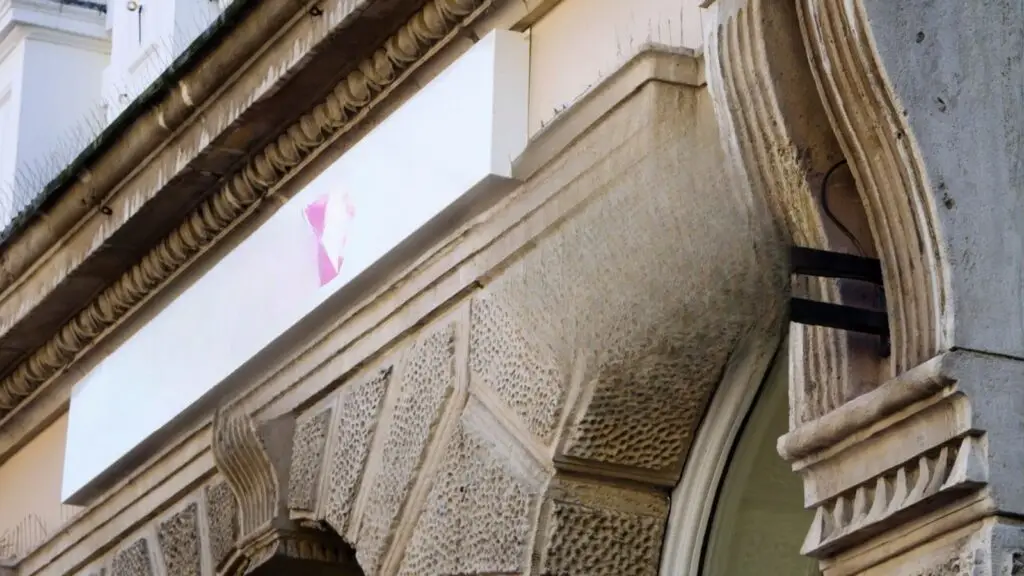HSBC has recently announced impressive financial results, posting a pre-tax profit of $21.6bn for the first half of the year. Despite a slight decrease from the previous year, the figures surpassed expectations. However, this news unfolds as the bank’s chief executive, Noel Quinn, prepares to step down.
At the same time, a $3bn share buy-back was revealed, invigorating investor confidence and pushing the bank’s shares up by nearly 4%. As Quinn exits his role, his successor will face numerous challenges amid volatile markets and shifting economic landscapes.
Unveiling Financial Results
HSBC reported a pre-tax profit of $21.6bn for the first half of the year. Although this was a 0.4% decrease compared to the previous year, it was still above the expected $20.5bn.
Investors were thrilled with the announcement of a $3bn share buy-back, boosting the company’s shares by nearly 4%. This comes on top of a previous $5bn buy-back earlier in the year.
Changes in Leadership
Noel Quinn, CEO of HSBC, is stepping down in September after five years in the role. He will be replaced by Georges Elhedery, the current chief financial officer.
Jon Bingham, a former partner at KPMG, will temporarily assume the role of CFO, making him the fourth person to hold this position in the last six years.
Earnings and Revenues
HSBC’s net interest margin dropped to 1.62% in the second quarter, down from 1.63% in the first quarter and 1.72% a year earlier. This reflects the growing number of savers searching for the best rates.
Despite the drop in net interest margin, HSBC saw a rise in revenue from its wealth division by 12% to $4.3bn. The wholesale transaction banking revenue also increased by 4% to $1.1bn.
Return on Tangible Equity
The bank’s return on tangible equity (RoTE) was 17.0% for the half-year, down from 18.5% last year. This excludes one-off items.
HSBC expects to achieve a RoTE in the mid-teens next year, showing management’s confidence in the strong performance of the business.
Noel Quinn stated, “The stand-out performance, I think, is our ability to continue to grow revenue from alternative sources other than interest income.”
UK and China Performance
HSBC’s UK business performed well, partly due to higher-than-expected interest rates maintained by the Bank of England.
The bank’s UK profit before tax rose by 11%, excluding the gain from acquiring Silicon Valley Bank’s UK arm.
Despite concerns about its exposure to China, HSBC did not face significant issues in the country’s commercial property sector, with impairment charges down 67% for the last quarter.
Increasing Global Mobility
Increased global mobility among customers is driving demand for innovative cross-border banking solutions.
HSBC saw a rise in international customers within its wealth and personal banking divisions by 11%, totalling seven million customers.
Revenue from these international customers grew by 6% in the first half of the year, indicating untapped potential.
Future Challenges
Interest rates in many of HSBC’s key markets are expected to fall, impacting the bank’s net interest income.
Analysts believe the bank’s earnings momentum has peaked, according to Benjamin Toms from RBC Capital Markets.
Concerns remain about HSBC’s core market in Hong Kong, where uncertainty persists despite comments from Elhedery that the “big challenges are behind us.”
Legacy and Transformation
Noel Quinn leaves behind a transformed HSBC after 37 years, having increased the bank’s focus on China and navigated through the pandemic.
Under his leadership, HSBC divested from non-core markets like France, Argentina, Canada, and the United States, providing a strong platform for his successor.
Quinn’s tenure also saw the bank fend off a long-running breakup campaign from its largest shareholder, Ping An.
HSBC exits a transformative era under Noel Quinn, who navigated the bank through numerous challenges, like increasing its focus on China and divesting non-core markets.
His successor, Georges Elhedery, faces an uncertain landscape with falling interest rates and market volatility. Despite these hurdles, the groundwork laid by Quinn offers a solid foundation for future growth.
Investors remain cautiously optimistic, anticipating how the new leadership will steer Europe’s biggest bank through upcoming economic shifts and market conditions.

